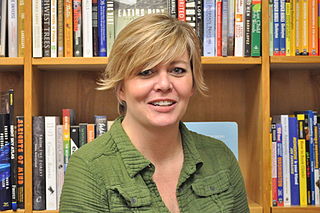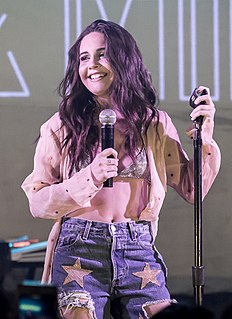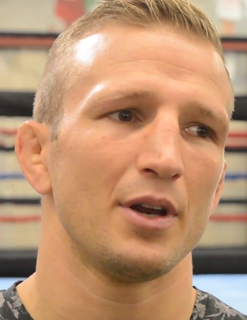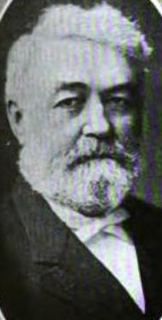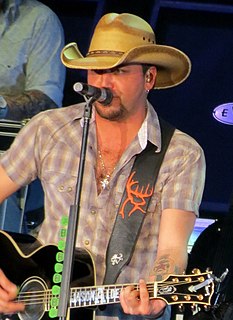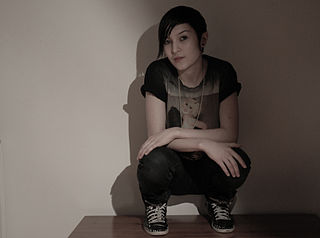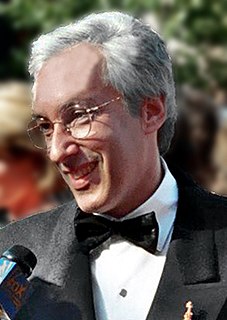A Quote by Lisa McMann
I've always found teenagers really interesting. I think they've got so much going on in their lives, so that lends itself really well to fiction because there's so much drama, so much activity, so much growth.
Related Quotes
I genuinely am sort of an emotionally stunted man-child, so if I just write to the top of my intelligence, it sounds like a teenager. I like being around teenagers. It's good for drama; they feel everything much more intensely than adults do, their lives are much more interesting than ours. They're mutants. They have these weird bodies that are rebelling against them and changing every day. Teenagers always equal good drama.
I really need to know where I'm going with fiction to write it in a way that at least I'm happy with. And I really think that a lot of fiction books end badly because terrific writers said, "I'll just figure it out" and plunge in, but have created so many problems that they are kind of impossible to solve. I mean, I'm talking really good writers do this and you can tell when they got to the end they either had to do something preposterous or they just don't really resolve things. So for fiction I spend a lot more time outlining and for humor I really don't do much of it.
Well, I don't know anything about television. I'd never done it before. Initially, it was quite daunting to take on so much challenge and so much time with it. I think it is a great outlet for an actress because you really have 13 hours to bring a character to life, which is so much more than with film, and you have the luxury of time to tell a story and to really color a character.
When I do period work, I really like to read about the period as much as I like to look at pictures because sometimes the written word is much better at conveying what their lives were really like and how much they had and where their clothes came from. Because, a lot of time, people dressed in their Sunday best to pose for a picture.
I was trained mainly as a short story writer and that's how I started writing, but I've also become very interested in non-fiction, just because I got a couple of magazine jobs when I was really poor and needed the money and it turned out that non-fiction was much more interesting than I thought it was.
I've never really found it that important to focus too much on the fact that I'm a female. I feel like if you make a thing of it then it becomes a "thing." For me personally, gender has always been one of the last things on my mind and I would much rather let the music do the talking. It was definitely surprising at the start to see how many people often got shocked that I would do the entire part of the composition/production/mixdown process on my own, but I don't think women are pigeonholed as much these days.
